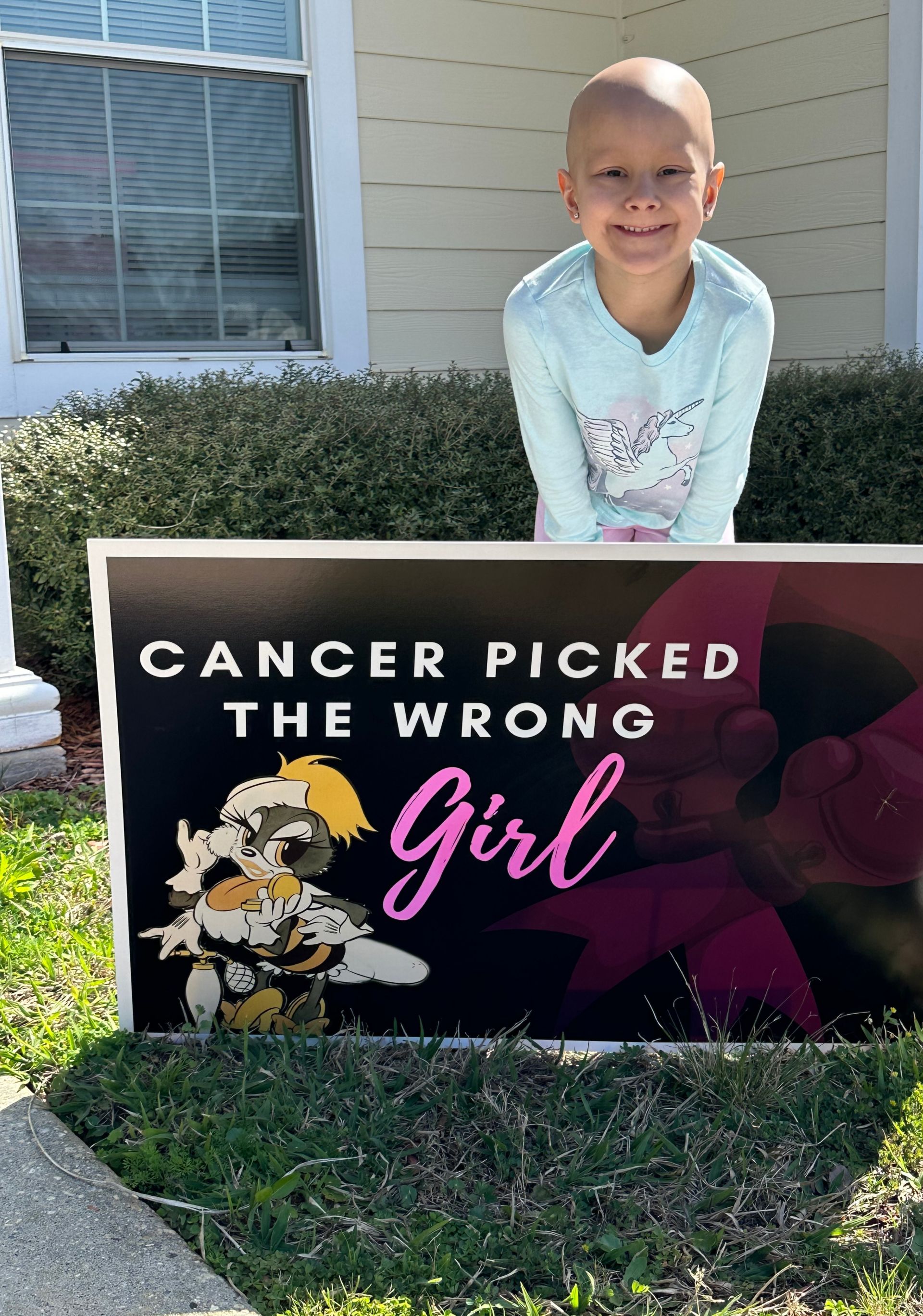St. Jude Family of Websites
Explore our cutting edge research, world-class patient care, career opportunities and more.
St. Jude Children's Research Hospital Home

- Fundraising
Transition Oncology Program
The Transition Oncology Program (TOP) offers you and your family support and guidance during this time of transition off treatment.

The end of treatment is an exciting time. It also brings many changes. You may feel nervous about leaving your child’s care team at St. Jude Children’s Research Hospital when treatment is over. That is normal. You have built relationships with care team members during treatment.
The Transition Oncology Program (TOP) offers you and your family support and guidance during this time of transition off treatment. TOP can help you prepare for a smoother transition from treatment to everyday life. It is part of the comprehensive care provided by St. Jude.
For the next few years, your child will likely visit St. Jude or an affiliate clinic for scans and tests to monitor how they are doing. This period is sometimes called “early survivorship.” It is also a time when you will find, or perhaps reconnect, with health care providers in your community. Your child may also return to school.
Services we provide
We develop a treatment summary to help you and your local health care providers move forward. This plan is the link between your providers at home and your care team at St. Jude.
To help your family plan for your child’s specific needs. We:
- Screen for possible mental and emotional health concerns
- Find out if your child needs school or job training support
- Find out if you need help finding health insurance
- Help you access health care services
- Provide education about your child’s current and future health needs
If needed, the transition team can talk one-on-one with your child’s community providers. They can write letters to explain how your child’s treatment may affect their health in the future.

"Transitioning home is just another hurdle in the journey. You’re stronger and more capable than you might think."
Your Transition Oncology Program team
The TOP staff works with your health care providers at home to help you prepare for what comes next. Team members include:
- Nurse practitioners
- Psychologists
- Social workers
- School coordinators
- Transition coordinators
What to expect from the Transition Oncology Program
You and your child will likely meet with the TOP team before the end of treatment. How often you visit the TOP clinic after treatment depends on your child’s specific needs.
Checkups and screening
Childhood cancer survivors have unique health needs. It is important to understand your child’s needs so they can be treated. During checkups, we screen for:
- Physical side effects of cancer and treatment
- Emotional and social challenges
- Thinking and learning problems
Your child will be seen by the TOP team until they transfer to our program for long-term survivors. The After Completion of Therapy (ACT) Clinic sees patients when they are at least 5 years after diagnosis and 2 years past treatment.
- Email: TOP@stjude.org
- Phone: 901-595-0980
- Fax: 901-595-0865